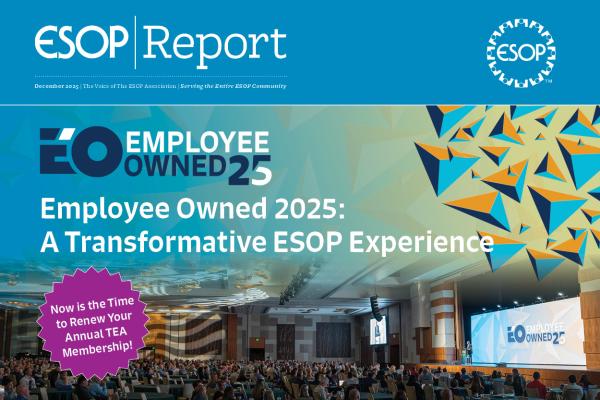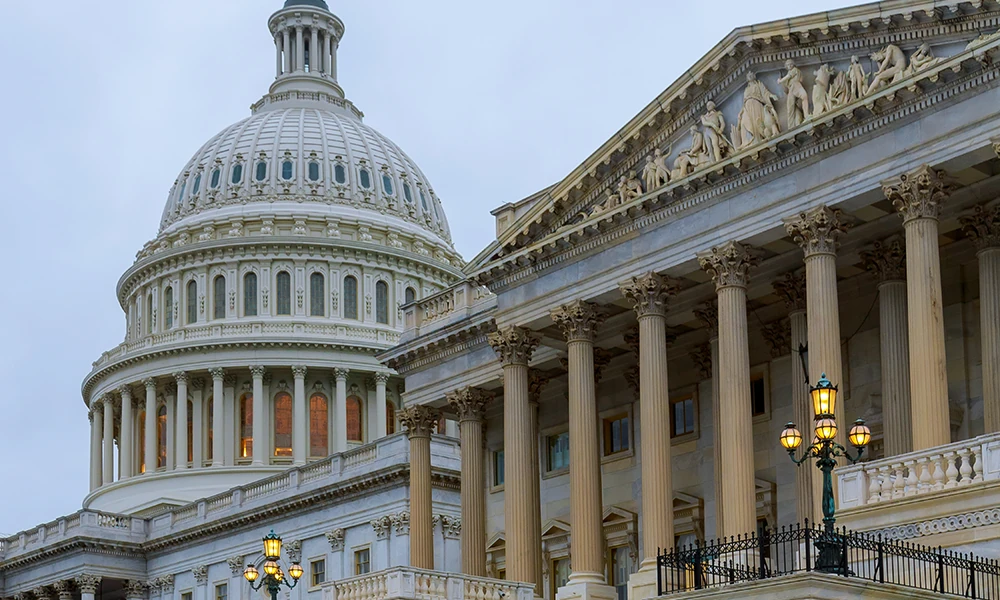Anyone involved with the ESOP community for any length of time has been confronted, and confounded, by the difficulties posed by the U.S. Department of Labor. The DOL’s enforcement division – the Employee Benefit Security Administration (EBSA) – was tasked under ERISA with serving as the protector of employee beneficiaries of qualified retirement plans.
In this capacity, EBSA functionally serves as an interested third-party to every ESOP valuation and has been given the power to investigate, and prosecute, if it feels something is not on the level. Unfortunately, it has never fulfilled its equal responsibility to officially define what adequate consideration or good faith fair market value mean in relation to an ESOP Trustee’s approval of a valuation.
Because EBSA has never defined the rules it enforces – clearly, transparently, and proactively – ESOP companies are left with tremendous uncertainty. Since the passage of ERISA, ESOPs and their trustees are forced to do their jobs under this shadowy threat of federal investigation, second-guessing of valuations, reputational harm, and prosecution for violating rules that the DOL has steadfastly refused to officially put on the record.
It doesn’t need to be this way, and The ESOP Association is making major strides to finally bring this uncertainty and inequitable threat level against ESOP trustees to an end.
This month, in response to strong pressure from TEA and the Congress, the DOL has put in writing to TEA that it intends to undertake an official Notice and Comment public rulemaking on the Adequate Consideration standard. At the request of TEA, Congress included a mandate that DOL provide clear guidance on what constitutes acceptable standards and procedures to establish good faith fair market value for business shares to be purchased by an ESOP.
This matters because a lack of clarity and transparency – rules that can be relied upon – has caused most insurers to leave the market, insurers who remain have dramatically raised their premiums and limited coverage, and potential founders have walked away thereby stunting new ESOP formation. A lack of clear regulation has also spawned a rampant industry of nuisance lawsuits that thrive in the ambiguous environment EBSA allows to fester.
Every ESOP retiree should have confidence that their shares have been valued appropriately based upon clear, transparent, and on the record federal guidelines. Every ESOP founder should have confidence they are not being short-changed because of regulatory ambiguity. Both have a right to know the price they are paying or receiving is fair to all parties in the transaction and the government isn’t going to second guess a valuation that followed known, and official, rules. Indeed, over the last 50 years, countless millions of Americans have likely been denied the opportunity to participate in an ESOP because the business owner was unwilling to risk the ire of EBSA prosecutors who are allowed to decide what the law is while simultaneously enforcing it.
EBSA has been allowed to operate as if it is a traffic cop who gets to decide what the speed limit is and can change it arbitrarily depending on the car they see driving down the road and even who the driver may be.
We recognize that a letter stating a commitment to undertake formal rulemaking is far from a finished regulation. In recognition of decades of failed starts and stops, nobody at TEA thinks this will be an easy process, and nothing will be taken for granted. Or, to put it another way, we will believe the process is moving forward when a rulemaking notice is officially published in the Federal Register and we will work diligently to make sure all parties to ESOP transactions get what is needed: clarity, transparency, and reliability.







